We coexist on the planet with 8.7 million other living species. Hence, it is our duty to secure our future generations. They can guarantee that our offspring will experience the same wonders we did.
The increasing human population is causing a strain on wildlife. Multiple wildlife habitats are being encroached upon to fill the demand for housing and other human needs. We are slowly losing some animal species we grew up on due to our insatiable greed.
Moreover, we are leaving all wildlife protection efforts in the hands of governments and charitable organizations. It is quite sad that we witness some species become extinct before our eyes.
Fortunately, there’s a collective effort to bring change to the wildlife kingdom. Activities such as championing wildlife rights on online forums or simply avoiding littering can make a huge difference in the world. Let’s look at ways to become part of the journey to save wildlife.
Why Save Our Wildlife?
This question is quite common in environmental studies during high school years. Why protect animals? The answer is quite simple, and you don’t need to research sources such as https://essayusa.com/ to find the right answer.
It is a noble cause to mitigate the devastating effects of climate change, habitat destruction, and pollution. We possess the knowledge, technological know-how, and willpower to protect our planet’s beauty and richness.
Many species of animals and plants are interdependent, and the loss of one can have a domino effect on the entire ecosystem.
Moreover, wildlife is a vital source of biodiversity, which is important for the survival of all living organisms.
In addition, preserving wildlife helps in the discovery of new medicines and scientific breakthroughs. Many plants and animals have unique properties that can benefit human health.
We cannot overstate the importance of safeguarding our wildlife. It is our mandate to do this and not leave it to the hands of governments or conservationists. We can all contribute to wildlife conservation by making small changes in our daily lives, such as reducing our carbon footprint, avoiding single-use plastics, and supporting sustainable practices.
Furthermore, it is integral to grow awareness about the extent of our human activities and their impact on the planet. Taking action steps is a big service to our future generations and the planet at large.
Ways to Contribute to Save Wildlife
You don’t have the conservationist spirit to pick up a plague and hit the streets to demonstrate. Well, you can take multiple small steps in your household to protect wildlife. Here are some simple activities that create a huge change:
Start the Three R’s
How do you deal with garbage in your home? Do you dump all refuse and wait for the garbage collectors to handle your throwaways? Do you know all this garbage is in a landfill that destroys animal habits? Following the three principles of reduce, recycle, and reuse can make quite a difference.
Conservationists recommend reducing one’s carbon footprint. Carbon emissions from homes contribute to climate change and affect many species of animals and plants. Start with simple energy-saving activities, such as using energy-efficient appliances, turning off lights, and using public transportation.
Alternatively, reuse items instead of buying new ones. For example, you can use reusable bags instead of single-use plastic bags or washable cloths instead of paper towels. Reusing items reduces the amount of waste in landfills and harms wildlife.
Conserve Water
Sometimes, we forget our privileges as humans regarding water consumption. We forget thousands of animal and plant species dying due to dehydration due to global warming. Our wastage of water at home directly impacts the environment and wildlife at large.
Overconsumption of water contributes to the depletion of freshwater resources. It affects the habitats of aquatic animals like fish, crabs, whales, frogs, and turtles. Additionally, any researcher from a credible college essay writing service with an environmental background can reveal how chemicals and pollutants we discharge into the water harm these creatures and their ecosystems.
Conserving water lessens the strain on freshwater resources and protects aquatic animal habitats. In our homes, we can fix leaky faucets, take shorter showers, and use a broom instead of a hose to clean driveways and sidewalks.
Conserve Energy
How does energy usage in your home affect wildlife? There’s a direct link between our energy consumption and the natural resources that wildlife depend on for food and shelter.
The energy we consume in our homes is often generated by burning fossil fuels, which contribute to climate change. This, in turn, can have a devastating impact on wildlife and their habitats.
Climate change can cause the sea level to rise, leading to the loss of coastal habitats for marine animals. It can also create extreme weather events like droughts and floods. This disrupts the natural balance of ecosystems and leads to declining biodiversity.
Conserving energy lowers our carbon footprint and slows the rate of climate change. Some ways to conserve energy in our homes include using energy-efficient appliances, adjusting the thermostat, and using natural light instead of artificial lighting.
Collect Trash
Picking up trash and avoiding littering protects your environment and makes it beautiful. Moreover, it can protect wildlife such as birds, raccoons, and other small animals from death. Littering on our streets, beaches, and waterways can harm wildlife and their habitats. Animals can ingest or become entangled in trash, leading to injuries, sickness, and even death.
Start organizing or participating in a cleanup event in your community with friends, family, or local organizations. Make it a habit to pick up trash while walking or visiting a park. Remember to wear gloves and be cautious of sharp objects.
Final Thoughts
Protecting wildlife is a collective responsibility for every human who contributes to the destruction of animal habitats for our own gain. Therefore, we should join forces with conservationists to protect our environment. A noble cause doesn’t need to end in the streets with placards. It starts with small activities such as picking up your trash, conserving water and energy, and showing support to work done by conservationists.
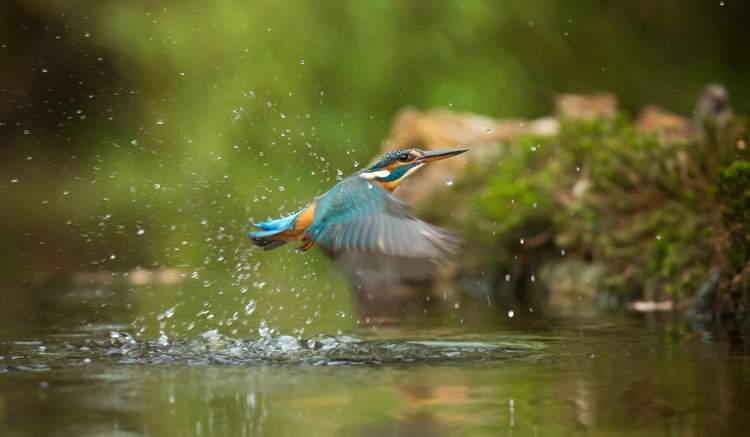
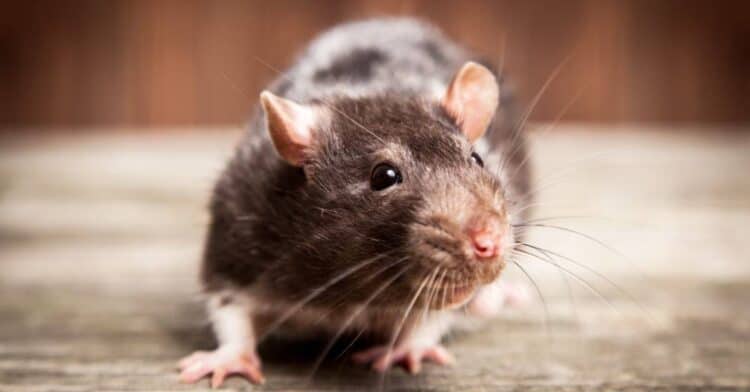
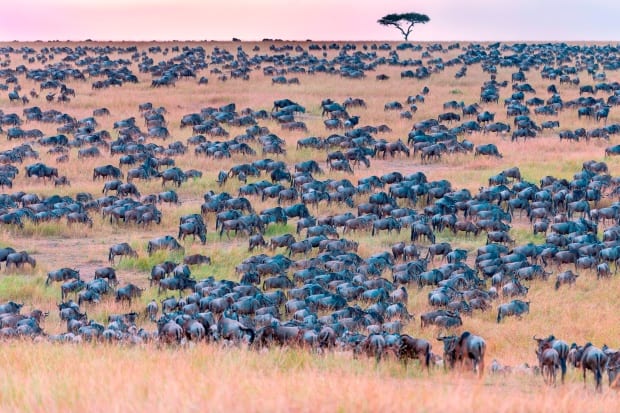
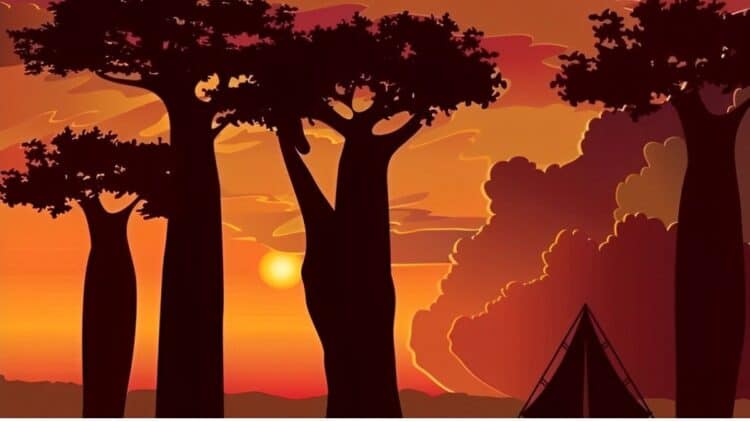

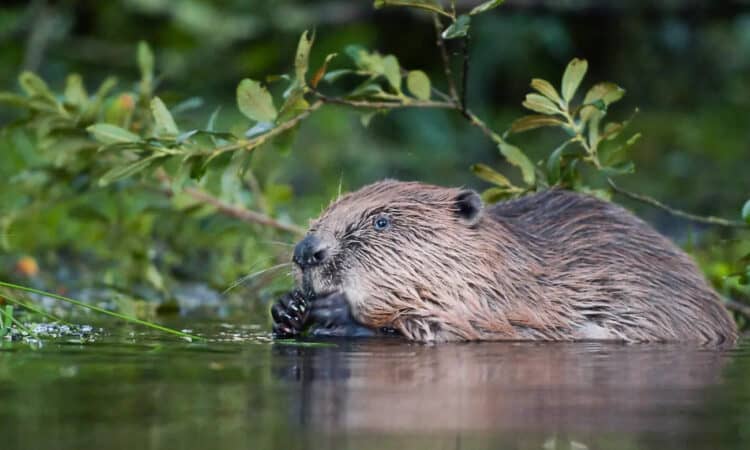
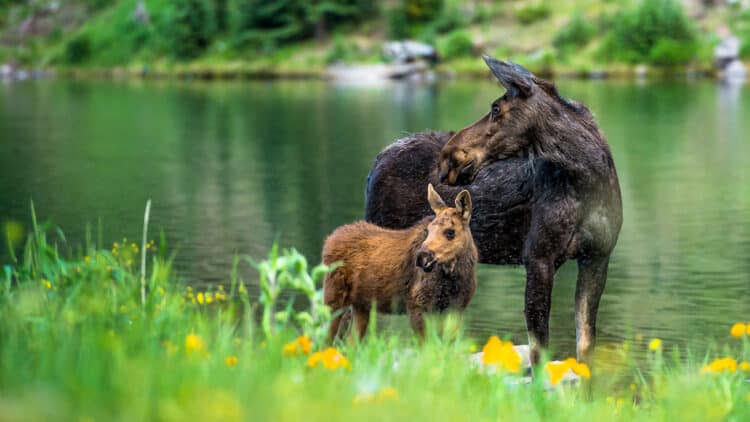
Leave a Reply